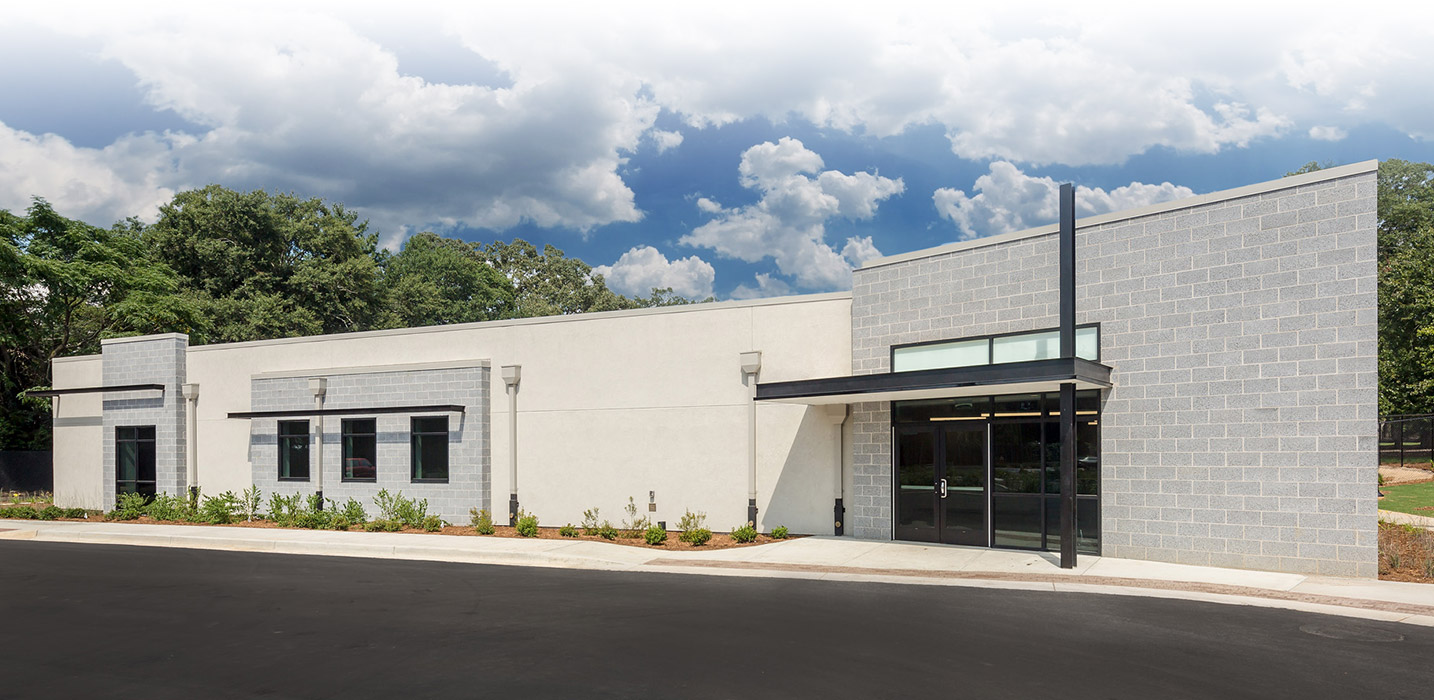 The University of Georgia has been approved to offer a Graduate Certificate in Crisis, Risk, and Disaster Communication (CRDC), a program that will educate students in skills needed for proactive, readiness competencies to address complex communication issues.
The University of Georgia has been approved to offer a Graduate Certificate in Crisis, Risk, and Disaster Communication (CRDC), a program that will educate students in skills needed for proactive, readiness competencies to address complex communication issues.
The new interdisciplinary certificate is a collaborative program bringing together three nationally recognized UGA programs to educate students: the Crisis Communication Think Tank at Grady College of Journalism and Mass Communication, the Risk Management and Insurance program at Terry College of Business, and Institute for Disaster Management at the College of Public Health.
“This certificate is important because we need to focus on crisis management from a more proactive, readiness-based approach,” said Yan Jin, the C. Richard Yarbrough Professor of Crisis Communication Leadership and director of the CRDC certificate. “We are surrounded by increasingly complex and challenging crises and conflicts. This certificate will give students comprehensive training, in terms of both skills and mindset, to provide advanced strategic communication management guidance to leadership.”
The foundation of the certificate program rests on the concepts of being interdisciplinary, interconnected and international.
“This program is uniquely positioned to bring together an interdisciplinary approach of mass communication, business and public health, which is interconnected with a successful track record through our Crisis Communication Think Tank and its strong international connections,” Jin said.
Although crisis communication courses are offered at other colleges and universities, the Graduate Certificate in Crisis, Risk, and Disaster Communication is one of only a few programs nationwide that offers this combination of courses in a graduate certificate.
How the CRDC certificate works
The purpose of the CRDC certificate is to provide graduate students with advanced knowledge, skills, hands-on experiences and demonstrated competency in applying crisis, risk and disaster communication theories and principles to manage complex crisis issues. The CRDC certificate will be offered to students starting in Fall 2024.
To earn the certificate, students will complete 12 credit hours by taking two core classes from Grady College including Risk Communication, and Crisis Communication and Strategic Conflict Management. Students will then select one of two tracks: a business track requiring the completion of two courses in Management, Risk Management and Legal Studies, or a public health track requiring the completion of two courses in Disaster Management.
“In the field of public health preparedness, effective communication is essential and is often the difference between successful and unsuccessful responses,” said Curtis Harris, director of the Institute for Disaster Management. “By cross training our students in public health preparedness and crisis communications, we are giving them the tools to be effective practitioners the moment they enter the workforce.”
Practitioners from industry, nonprofits and the public sector will work collaboratively with students to provide insight and experience through lectures and mentorships with capstone projects.
Foundation of Crisis Expertise
The University of Georgia has created an internationally recognized network of crisis and risk research and expertise.
The Risk Management and Insurance (RMI) program at Terry College of Business is the largest undergraduate RMI program in the U.S. and ranked in the Top 3 by U.S. News and World Report since 2006.
“This graduate certificate program is about shaping resilient leaders who understand the lifecycle of crisis management,” said Jason Epstein, a lecturer of legal studies. “By merging insights from business, communication, and public health, we’re cultivating a cohort capable of collaborative, informed action and ensuring readiness to navigate any crisis, whether in the public or private sector.”
The Institute for Disaster Management (IDM) at the College of Public Health teaches disaster management courses at both the graduate and undergraduate levels to provide proactive preparedness for natural, technological and human-made disasters. IDM, one of only six nationwide that offer a Master of Public Health degree with a concentration in disaster management, works with communities, government agencies, businesses, nonprofits and others to develop, implement and deliver customized disaster education, training, planning and support.
The Crisis Communication Think Tank (CCTT) at Grady College aims to build collaborations among leading crisis scholars and practitioners globally, through dialogue on emerging topics and co-creation of evidence-based advice for next-generation crisis research and practice. The CCTT operates through three specialty areas: the Crisis Communication Coalition dedicated to advancing crisis communication thought leadership; the Crisis Insights and Analytics Lab which sponsors crisis-centered research in organizational, health, disaster and technology areas; and the Crisis Preparedness and Resilience Hub offering executive training programs and workshops.
Jin says the inception of this certificate is founded in the belief that crisis prevention and being prepared to manage crisis, risk and disaster challenges as an ongoing process are essentials for crisis communication leadership.
“We are creating a program that’s grounded in crisis readiness,” Jin said. “Our students will learn skills to be prepared, to be resilient and know the business. They will develop the mentality to be ready, strengthen interdisciplinary collaboration efficacy, and understand that readiness is a dynamic process. We will train our students to be able to think longer term, with clear vision driven by purpose, and advise their organizations and top leadership on ethical and effective crisis management with confidence and courage.”
Application for the CRDC certificate will be open all year round.
For more details, please see the Crisis, Risk, and Disaster Communication webpage.
Writer: Sarah Freeman, freemans@uga.edu
Contact: Yan Jin, yanjin@uga.edu

